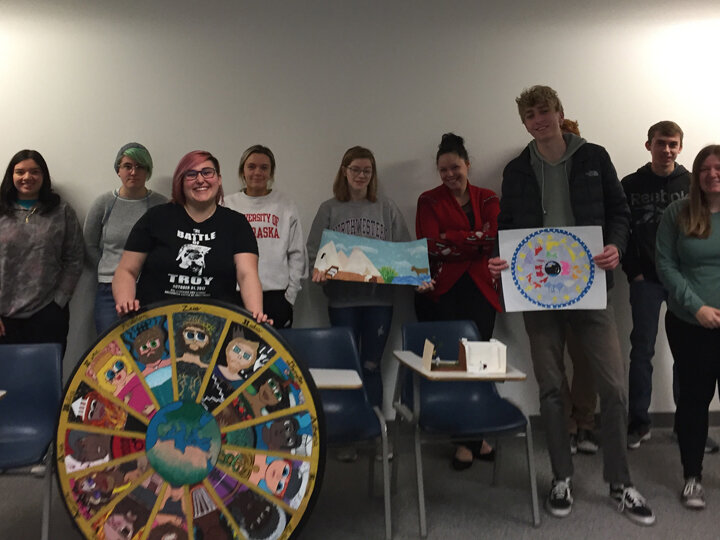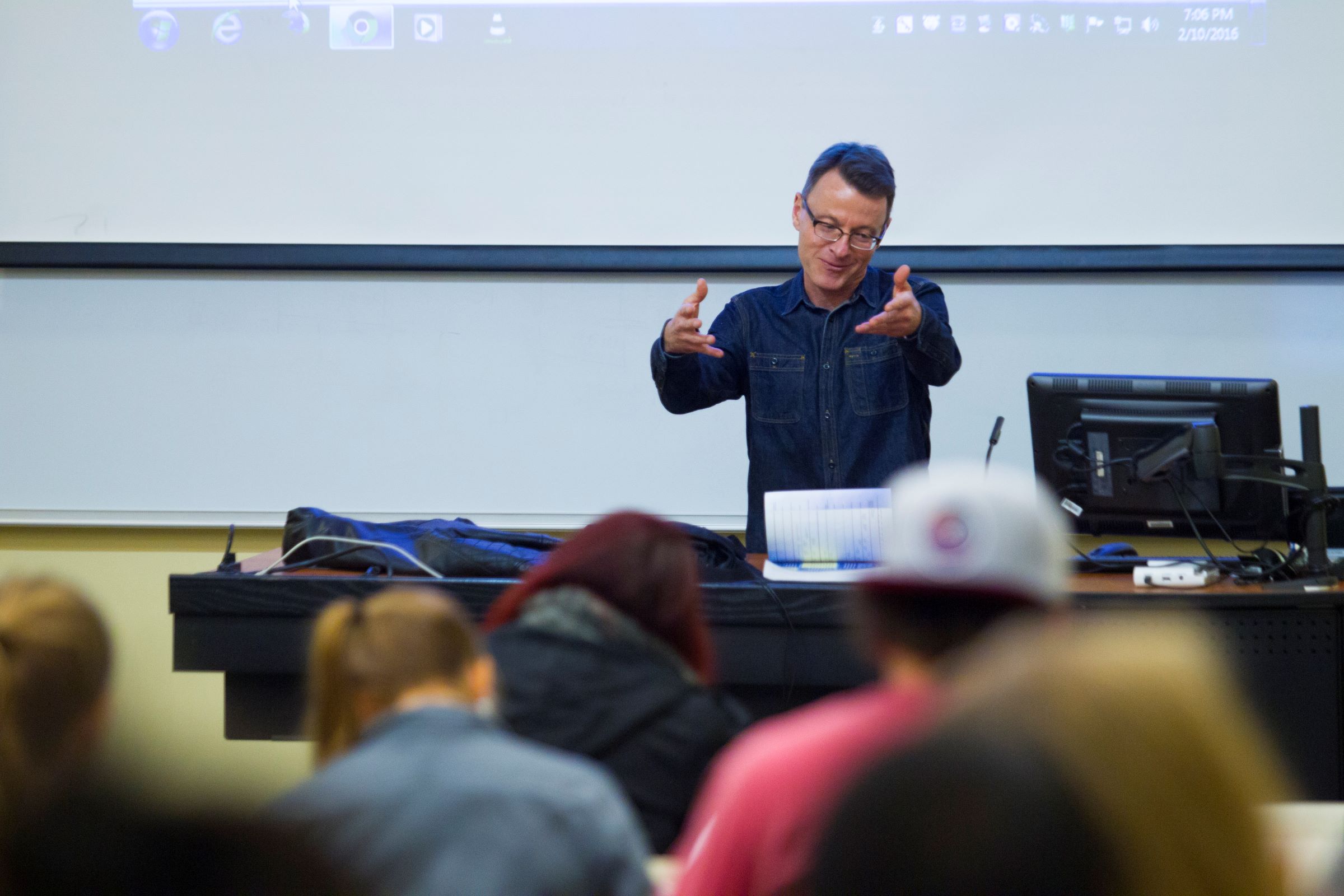W. F. Albright Institute
The W. F. Albright Institute for Archaeological Research, located in Jerusalem, is the premier American institute for archaeological research and textual study of the Bible in the Middle East. The AIAR offers fellowships at both the pre- and post-doctoral levels for North American scholars to spend extended periods in Jerusalem working on academic projects.
The Institute receives support from the National Endowment for the Humanities, the Educational and Cultural Administration of the U. S. State Department, and various private foundations and individuals.
Sidnie White Crawford has been a trustee of the Albright Institute since 1991. She is currently the Chair of the Board of Trustees, after serving as President (2000-06) and Secretary (1992-2000) of the Board. In 2006 she received the W. F. Albright Service Award from the American Schools of Oriental Research.
Dead Sea Scrolls
Sidnie White Crawford is a member of the international team responsible for publishing the Dead Sea Scrolls. Since beginning work on the Scrolls in the 1980’s, she has edited and published nine manuscripts of Deuteronomy (see Discoveries in the Judaean Desert XIV) and four manuscripts entitled “4QReworked Pentateuch” (see Discoveries in the Judaean Desert XIII).
She has published extensively in several areas of Scrolls scholarship, including the history of the biblical text and textual criticism of the Hebrew Bible, women in the Dead Sea Scrolls, and the archaeology and history of the Qumran community, as well as studies on the Temple Scroll and the Damascus Document.
Her 2008 monograph, Rewriting Scripture in Second Temple Times, explores the phenomenon of Rewritten Scripture among the Qumran manuscripts. Her most recent project is a book entitled Scribes, Scrolls and Scriptures: The Story of Qumran.
Medieval Paleography
The study of medieval documents is critically important for understanding the way people lived and thought in the European Middle Ages. These documents were hand written, and usually in a highly abbreviated Latin. Frequently, the scribe and the author were two different people, perhaps separated by centuries.
Until very recently, medieval manuscripts were only available to people who could afford to travel to the libraries and monasteries in which they are located. The Internet has made it possible to reproduce many of these manuscripts in high resolution, with the added benefit of making it possible to enlarge areas difficult to read.
Professor Lahey regularly works with manuscripts from the period of the Hussite revolution in what is now the Czech Republic, and welcomes students interested in learning paleography, or how to read ancient writing. He has included several students in UCARE projects in ongoing research.
Digital Humanities
The Center for Digital Research in the Humanities (CDRH) advances interdisciplinary, collaborative research, and offers forums, workshops and research fellowships for faculty and students in the area of digital scholarship.
This is a life-changing experience for students and faculty alike, leading to new ways of thinking about the humanities.
Through the CDRH, faculty and students create research sites and tools that push our understanding of history, literatures, languages, and culture.
The World of Classical Greece
Students in Professor Morgan Palmer’s course produced creative projects and wrote about how they adapted the ancient sources.
Read More
